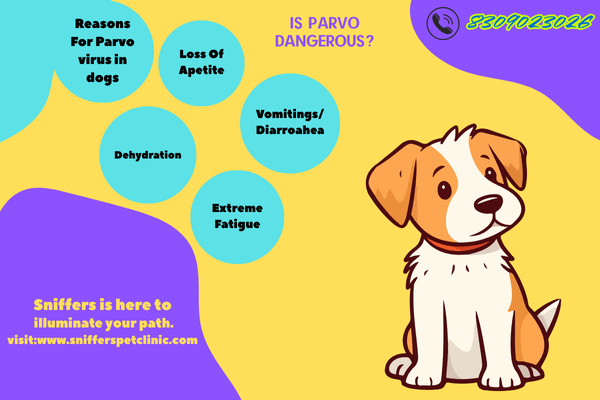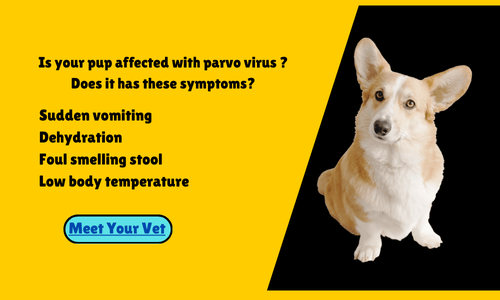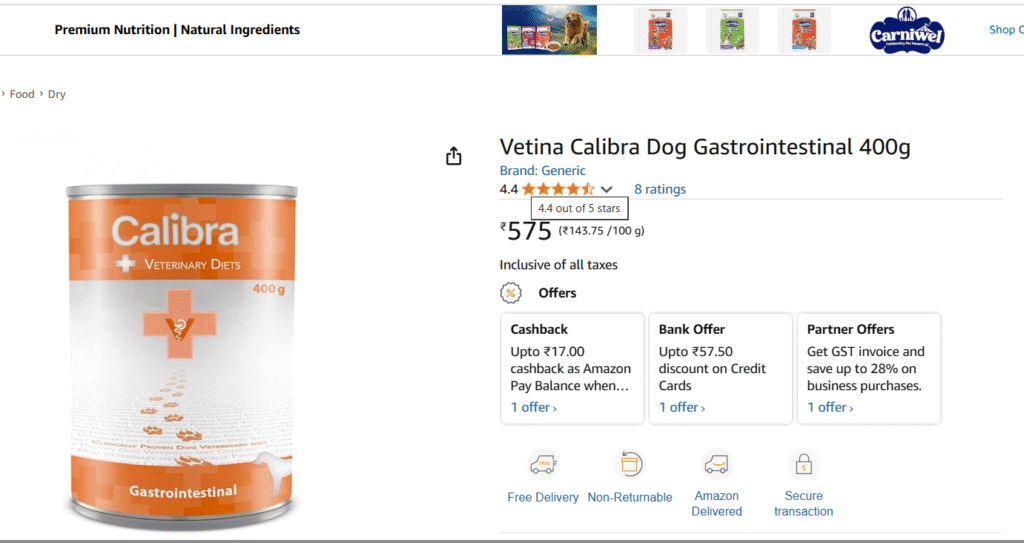Understanding Parvo Virus In dogs

Fighting Parvo Virus in Dogs with Compassion and Care
At Sniffers Pet Clinic, we understand that your dog is more than just a pet — they’re family. However, one silent threat continues to affect many of our four-legged friends: the parvo virus in dogs. This aggressive virus spreads quickly and, without immediate care, may lead to fatal outcomes. Fortunately, with timely intervention and the right support, dogs can survive and thrive. That’s where we come in.
What is Parvo Virus ?
It is a highly contagious viral disease that primarily affects puppies and unvaccinated adult dogs. It attacks the digestive system, causing severe vomiting, bloody diarrhea, and dehydration. In some cases, it also harms the heart, especially in very young puppies.
Moreover, the virus spreads through contaminated surfaces, feces, and even shoes or hands. While it may seem invisible, its impact is anything but. Because the virus is incredibly resilient, it stays in the environment for months unless properly disinfected.
PV Symptoms Every Pet Owner Should Know
Recognizing parvo virus symptoms early helps increase your dog’s chances of survival. Symptoms often appear within 3–7 days of exposure. As a responsible pet parent, you should watch for:

- Persistent vomiting
- Bloody, foul-smelling diarrhea
- Fever or, sometimes, a dangerously low body temperature
- Extreme fatigue or sudden collapse
- Loss of appetite
- Dehydration (evidenced by sunken eyes or dry gums)
Since the virus moves rapidly, even a few hours can make a difference. For that reason, Sniffers Pet Clinic encourages dog owners to seek help at the first sign of illness.
How Sniffers Pet Clinic Handles Parvo Virus Treatment
Treating the virus in dogs involves aggressive and supportive care. Although there is no cure in pill form, we focus on stabilizing your pet’s health. At Sniffers Pet Clinic, our treatment approach is comprehensive, compassionate, and tailored to each patient.
Here’s what we do:
- Rehydration – We immediately begin IV fluid therapy to replace lost fluids and electrolytes.
- Medications – Anti-nausea and pain-relief medications help your pet stay comfortable.
- Antibiotics – These reduce the risk of secondary infections, which often occur due to a weakened immune system.
- Nutritional support – We gradually reintroduce food to restore energy and gut function.
- Round-the-clock monitoring – Our team monitors vital signs and adjusts care plans as needed.

As a result of our proactive treatment model, we see many successful recoveries. Equally important, we provide emotional support to pet owners every step of the way.
Why Choose Sniffers Pet Clinic?
Choosing the right veterinary clinic matters — especially when every second counts. At Sniffers Pet Clinic, we specialize in emergency care and infectious disease control. Unlike general clinics, our facility includes:
- Isolated treatment areas to prevent the spread of infection
- On-site lab testing for fast diagnosis
- Friendly, certified veterinary technicians
- 24-hour observation and post-treatment care
- Affordable payment plans for all budgets
Because we care deeply about your pet’s well-being, we also offer home-care kits and disinfecting tips after your dog recovers.
Parvo Virus Treatment: Your Role as a Pet Parent
While we handle the clinical side, your role at home is just as important. During recovery, your dog needs a quiet space, strict hydration monitoring, and regular checkups. Therefore, we teach you how to track progress, administer medication, and clean the environment safely.
Additionally, we encourage follow-up visits to ensure long-term health. Our team remains available for questions — even after your dog goes home.
Prevention is Always Better Than Cure
Although we are here when you need us, prevention remains the best solution. Here’s how to protect your dog from the parvo
- Vaccinate early – Puppies should receive their first vaccine at 6–8 weeks of age, followed by boosters.
- Limit exposure – Until fully vaccinated, avoid dog parks, pet stores, or public areas.
- Clean responsibly – Use vet-approved disinfectants, especially if another dog has been ill.
- Schedule regular wellness exams – We check for early signs of all major illnesses, not just parvo.
Not only does prevention save lives, but it also spares your dog from unnecessary suffering.
Final Conclusion :
Canine parvo virus in dogs is a highly contagious and potentially deadly disease, especially for puppies and unvaccinated dogs. Early detection, immediate veterinary treatment, and consistent vaccination are critical for prevention and survival. While parvo can be devastating, it is also largely preventable with proper care, awareness, and responsible pet ownership.
